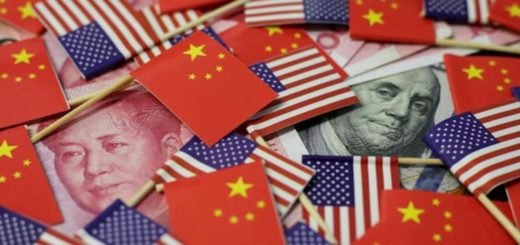Major takeaways from the second 2+2 Dialogue between India and Japan

Recently, an Indian delegate comprising Foreign Minister Dr S Jaishankar and Defense Minister Rajnath Singh attended the second 2+2 dialogue with Japanese counterpart comprising Japan’s Foreign Minister Hayashi Yoshimasa and Defense Minister Hamada Yasukazu in Tokyo. Several issues ranging from regional security to the economy and other global issues were discussed in this meeting. The representatives of two governments admitted that international cooperation is required to tackle the security challenges that two countries are facing in the wake of China’s rise and changing Asia-Pacific geopolitics. The ministers of the two countries assure their commitment to democratic values which include rule-based international order and respect for each other’s territorial integrity and sovereignty.
‘Two Plus Two Dialogue’ is a forum where the Defense Ministers and Foreign Ministers of India and Japan participate and discuss bilateral and multilateral issues together. The first ‘two-plus-two dialogue’ was held in New Delhi in the year 2019 to further strengthen the defence and security cooperation between India and Japan. It becomes imperative to mention here that apart from Japan, India also holds ‘2+2’ ministerial talks with America, Australia, and Russia.
During the dialogue, the ministers of the two nations highlighted their focus on shared strategic issues and concerns and commitment to rule of law and a free and open indo-pacific region. The representative’s two countries also advocated strong support to regional organizations such as the ASEAN outlook on the Indo-Pacific, which endorse democratic values such as the principle of rule of law, freedom, inclusiveness, and openness.
The ministers of the two countries further strengthened the defence and security cooperation that constitutes the special pillar of the ‘India-Japan strategic and global partnership’. Indian ministers appreciated the participation of the Japanese navy in the Indian navy’s multilateral exercise called Milan. The two governments promised their commitment to continuing both bilateral as well as multilateral military exercises including Dharma Guardian, JIMEX, and Malabar.
The foreign ministers of the two countries emphasized the need to cooperate more closely on foreign policy and security matters. During the dialogue, representatives of both countries also discussed cybersecurity-related issues, 5G technology along with further strengthening of economic cooperation. Indian ministers invited Japanese companies to invest more in various sectors of the Indian economy. At present Japan is the fifth largest investor in India.
India and Japan are cooperating openly with each other in defence, security, and naval aspects. Both countries understand the importance of defence partnerships. Hence, they advocate a free, open, and rule-based Indo-Pacific region. Therefore, Defense Minister Rajnath Singh stressed that “the growing complexities in India-Japan bilateral defence exercises are a testimony to the strengthening of defence cooperation between the two countries.” And further, he said that India-Japan is also ready to take forward the Indo-Pacific Ocean Initiative, the Indo-Pacific Partnership for Maritime Domain Awareness, and the Indo-Pacific Economic Framework.

In conclusion, it must be noted that China’s increasing aggression in Asia-Pacific and the increasing influence of the Chinese military on the Indian border have prompted India and Japan to make their relationship stronger and more multifaceted. This is why; today India and Japan are cooperating shoulder to shoulder at every level whether it is bilateral or multilateral. In this regard ‘two plus two dialogue’ along with ‘QUAD’ could be a tool to tackle contemporary challenges that two countries are countering.


















